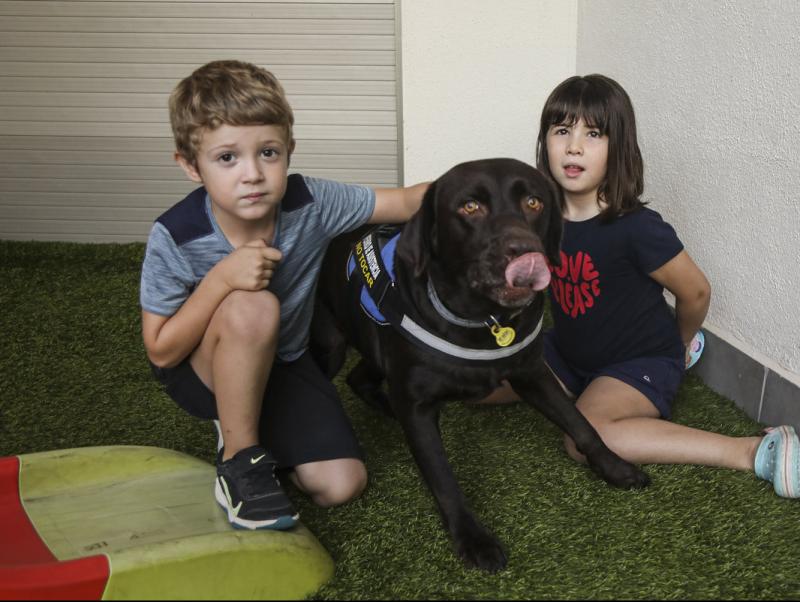Doubts remain over new animal welfare law
New state legislation follows existing Catalan law in aiming to provide greater protection for animals, but questions remain over the limits of its reach
During the pandemic, there was a big rise in the number of people getting a pet. Some 123,591 pets (85,000 dogs, 38,000 cats) were registered in Catalonia in 2021, 14% more than in 2020, according to data from the Animal Identification Archive. This rise must be seen in relation to new animal welfare legislation that came into effect on September 29, and which has proven to be controversial as hunting dogs and bulls are excluded from its protection.
In many ways, the Catalan animal rights law from 2008 is ahead of the new state legislation, including the formation of the pioneering animal rights protection commission of the Bar Association of Barcelona, which until last December was chaired by its founder, the human rights lawyer, Magda Oranich.
The state law aims to provide broad protection of animal rights, especially as the legislation in many autonomous regions has long been in need of updating. A new point is that it recognises animals as sentient beings, although Catalan law has done this for years. Yet the expanded protection is not afforded to hunting dogs, which were excluded despite being among the animals in Spain most at risk of abuse and abandonment. “It’s unfair and cruel; the Socialists gave in to pressure from the hunting lobby,” says Oranich.
The new law also bans the display of animals in shop windows and outlaws the practice of putting stray animals down in dog kennels after they have been there unclaimed for 20 days. All of this has been law in Catalonia since 2003, when some 5,000 cats and dogs were put down every year in Barcelona, according to Oranich.
Enric Solé runs an animal shelter in Barcelona that houses 65 dogs and 110 cats that has been open for almost 80 years. “We’re not seeing a rise in animal adoptions; in fact it looks like they are slowing down,” says Solé, who points out that the numbers of people adopting pets “shot up” during the pandemic, but adds that “there were quite a few people who took dogs on a whim, and then problems began to arise, causing pet abandonment to skyrocket”.
The manager of the shelter points out that the new law will only be as good as its enforcement. Microchips have been mandatory in Catalonia since 2003, but he estimates that half of the dogs and cats in the country do not have one.
Another point in the new law is the requirement for pet owners to complete a training course before getting a pet. However, Oranich has doubts about how that might be enforced, a position that Solé shares. They also agree that the most important thing is raising awareness and that even if the new law falls short, it is nevertheless a step in the right direction.
Pet abandonment
According to Spain’s Ministry of Social Rights, around 300,000 animals are abandoned every year, and nearly 100,000 healthy animals are put down in shelters and kennels. The two remedies aimed at helping to avoid pet abandonment and its consequences provided for in both the Catalan law and the new state law are identifying pets with microchips and sterilisation. According to information from the Spanish government, 285,000 dogs and cats were taken in by animal shelters last year. At the same time, the new law introduces tougher penalties of up to three years in prison for causing the death of an animal through mistreatment. Meanwhile, dogs cannot be left alone for more than one day and cats for no more than three, nor can animals be left for long periods of time on terraces, balconies, basements or inside vehicles.



